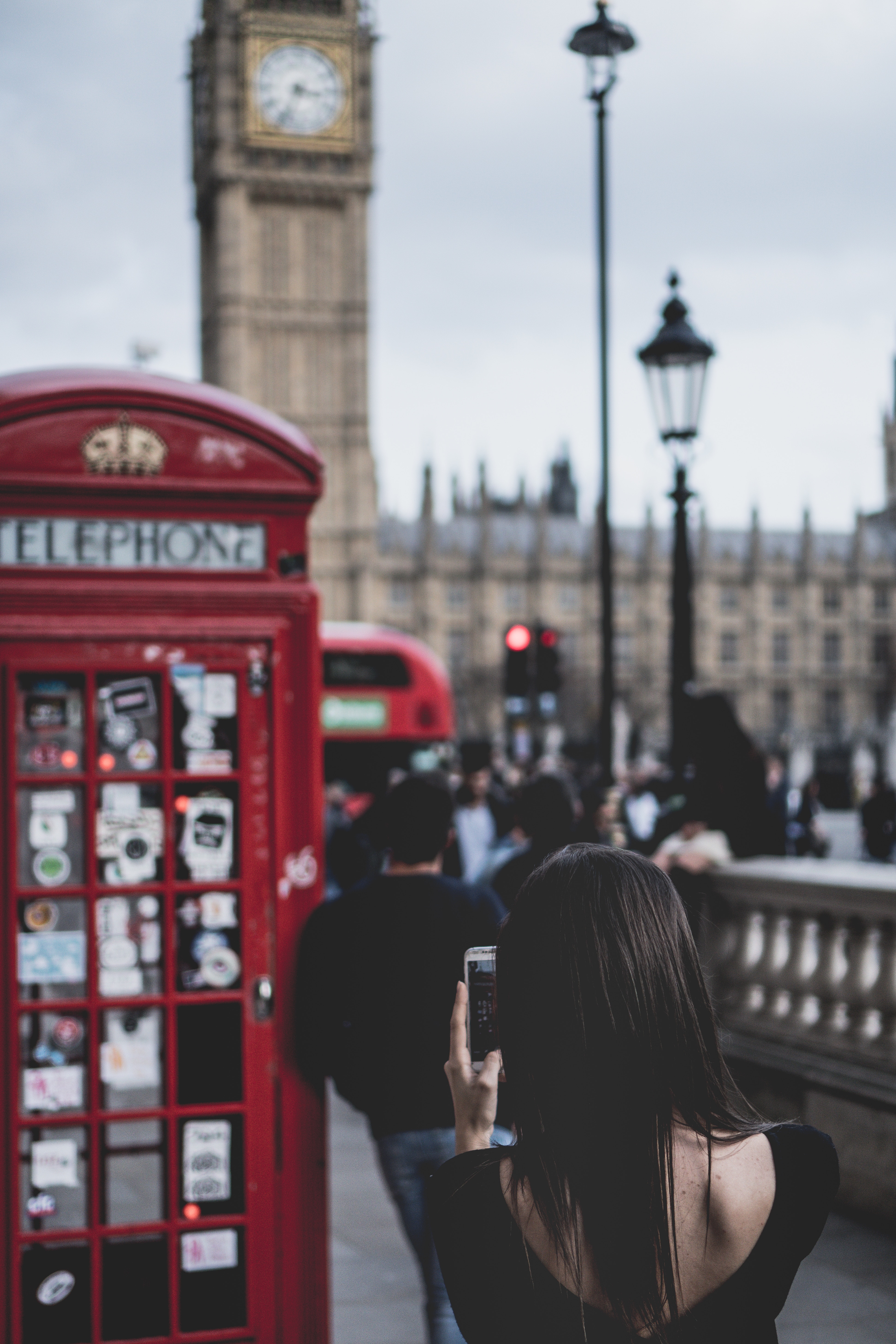
In the previous lesson, we have learned how to use 比 (bǐ) for Comparison in Chinese. Today, we will learn how to describe a thing or person that has the superlative degree.
Unlike English, we do not change the form of the adjective by adding -est, we use the intensifier 最 (zuì) before the adjective in order to express the most. We can only use 最 (zuì) if we compare three or more objects. For comparing two objects, use 比 (bǐ).
Structure: 最 + adjective
Examples:
林老師是我們學校最好的老師。
林老师是我们学校最好的老师。
Lín lǎoshī shì wǒmen xuéxiào zuì hǎo de lǎoshī.
Mr. Lin is the best teacher in our school.
今天是這個月最熱的一天。
今天是这个月最热的一天。
Jīntiān shì zhège yuè zuì rè de yītiān.
Today is the hottest day of the month.
最 + Stative Verbs
Besides the adjectives, we can also place the stative verbs after the 最 (zuì). Stative verbs are the verbs that related to people’s psychological status, such as:
- 喜歡 [喜欢] (xǐ huān) – to like
- 愛 [爱] (ài) – to love
- 想 (xiǎng) – to think, to want to, to miss (someone)
Structure: 最 + Stative Verb
Examples:
我最喜歡吃辣。
我最喜欢吃辣。
Wǒ zuì xǐhuān chī là.
I like spicy food the most.
她最愛她的女兒。
她最爱她的女儿。
Tā zuì’ài tā de nǚ’ér.
She loves her daughter most.
Now, let’s practice to translate these sentences into Chinese!
- She is the tallest.
Hints: she = 她(tā), tall = 高 (gāo).
- He is the smartest.
Hints: he = 他(tā), smart = 聪明 (cōng míng).
- I want to go to London the most.
Hints: I = 我 (wǒ), go = 去 (qù), London = 伦敦 (lún dūn).
Answers
- 她最高。
Tā zuìgāo.
- 他最聪明。
Tā zuì cōngmíng.
- 我最想去伦敦。
Wǒ zuì xiǎng qù lúndūn.
Let’s learn Chinese today! Join us at LingoCards!